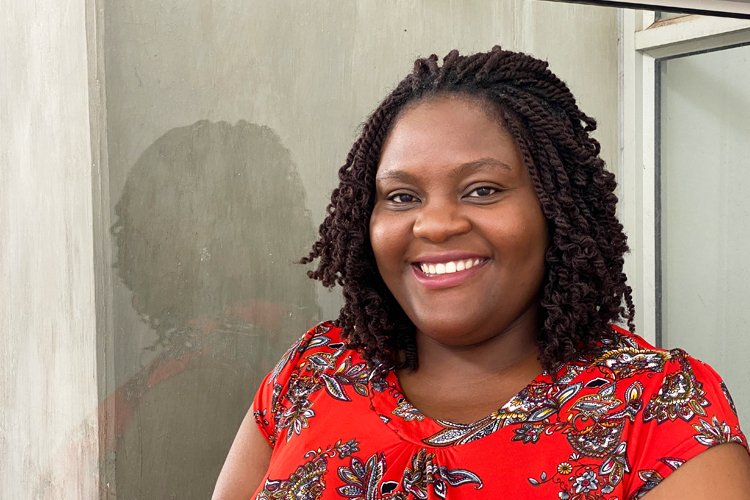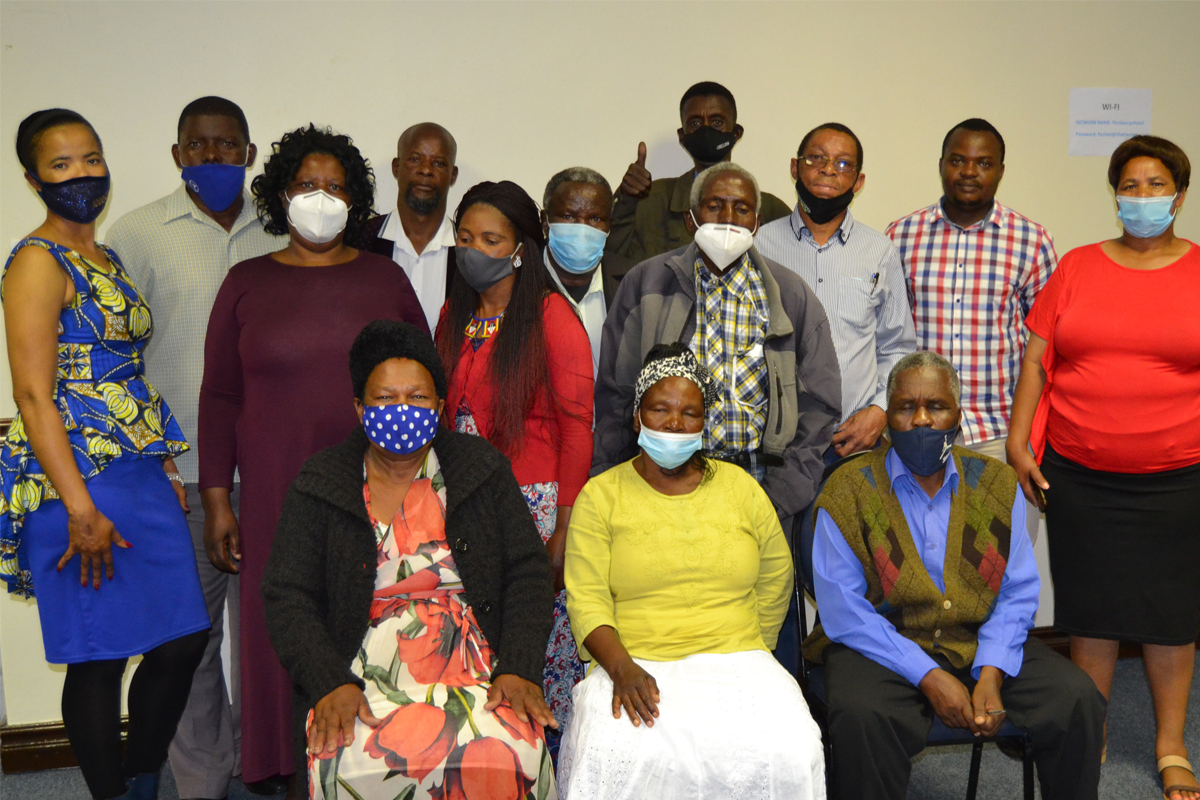Africa is experiencing the highest increase in the number of older persons’ population. Most of them are living longer with valuable capacities but with vulnerabilities too. Yet older person’s rights are neither recognised nor valued, and often suffer from abuse, assaults and even murder at the hands of those who should support and protect them. Older persons are often accused of witchcraft, blamed for misfortunes such as sudden deaths, HIV/AIDS, traffic accidents and even the weather. They are denied opportunities for employment, they have restricted access to land and property, and lack adequate legal protection. Older women in particular bear more risks due to the intersectionality of their age as well as other aspects such as gender, disability and poverty. This is due to the lack of policies or legal frameworks that can protect the rights of older people in the majority of African countries.
The Centre for Human Rights and the Southern Africa Miners Association (SAMA) co-hosted a one-day advocacy meeting on 30 November 2020. The aim of the meeting was to popularise the Protocol to the African Charter on Human and People’s Rights on the Rights of Older Persons (Older Persons Protocol). Five national affiliates of SAMA participated in the advocacy meeting. The format of the meeting was blended and consisted of a combination of face-to-face interactions for the associations in their respective countries and virtual participation of the technical experts who delivered presentations on topics related to ageing. The five SAMA affiliates present were the Botswana Labour Migrants Association (BoLAMA), Swaziland Migrant Mineworkers Association (SWAMMIWA), Association of Mineworkers Mozambique (AMIMO), Mzilikazi Ex-Miners Association Namibia (MEAN) and the Ex-Wenela Mineworkers Association of Zimbabwe (EWMAZ). A total of 42 participants attended the meeting.
Ms Patience Mungwari, Manager of the Centre’s Women’s Rights Unit, opened the meeting by unveiling the importance of ratifying the Older Persons Protocol on the continent. Mr Vama Jele, SAMA Regional Coordinator, and Mr Moises Uamusse, SAMA General Secretary, highlighted the plight that the ex-Wenela miners, who are now in their old age, are facing in their respective Southern African countries. They noted that Southern Africa is known for its mining industry, with most of its economies sustained by mining activities. These contribute greatly to the gross national product and employment. However, mining contributes to the high prevalence of tuberculosis (TB) and silicosis due to various risk factors, including exposure to silica dust, labour migration and weak public health systems. The high prevalence of occupational lung disease is high amongst older persons who were gold mine-workers, making them highly vulnerable to and at risk of many diseases, including COVID-19 complications, due to pre-existing lung conditions and age. They further discussed the failure of ex-Wenela miners to get social grants despite devoting their lives in service of one of the richest economic sectors in the region.
Ms Naledi Monnakgosi, BOLAMA Deputy General Secretary, highlighted how older women in the mining sector were suffering. Amongst other factors, it was noted that widows and families of the deceased ex-miners face a number of challenges, such as failure to have the requisite documentation to enable them to receive compensation and pensions of the late miners who rendered their services in South African mines from as late as four decades ago.
Participants also discussed the status of older persons in Southern Africa, and the value and importance of the Older Persons Protocol. Facilitators for the workshop included Ms Marian Gotha and Mr Gustavo Trigo from Sikhula Sonke Consulting, Ms Roseline Kihumba from HelpAge as well as Ms Patience Mungwari and Ms Lydia Chibwe from the Centre.
Following the advocacy meeting, all the organisations committed to drafting a position paper on the agreed strategies that were raised by the different countries that would assist in popularising the Older Persons Protocol. The organisations also agreed to have further meetings on the Protocol at national level and to engage their governments on the need to ratify the Older Persons Protocol. The meeting formed part of the Centre’s work on the #AgeWithRights campaign. More information can be found on the #AgeWithRights campaign website.
For more information, please contact:

Tel: +27 (0) 12 420 4306
Fax: +27 (0) 86 580 5743
lydia.chibwe@up.ac.za


